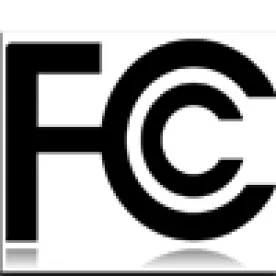TCPAWorld recently reported on Declaratory Ruling by the Federal Communications Commission’s (FCC) Bureau of Consumer and Governmental Affairs (Bureau) holding that if a texting platform actually “requires a person to actively and affirmatively manually dial each recipient’s number and transmit each message one at a time” and lacks the capacity to transmit more than one message without a human manually dialing each recipient’s number, then such platform would not be an “autodialer” that is subject to the Telephone Consumer Protection Act (TCPA).
The Bureau acted on delegated authority under the FCC’s rules and therefore the Declaratory Ruling was not an action of the full FCC. The ruling became effective on June 25, 2020.
Six consumer groups, led by the National Consumer Law Center, have now asked the full Commission to review the Bureau ruling, fling an Application For Review (Application) under the FCC’s rules on July 24, 2020.
Among other things, the Application argues that “the Bureau’s Ruling includes interpretations of the …TCPA and its application to the P2P texting platform that are in conflict with the TCPA itself, established Commission policy, and case precedent. The Ruling implicitly relies on facts regarding the P2P system’s level of automation that are not supported by the record and are contrary to readily available information. The Ruling repeatedly characterizes the statutory definition of an automated telephone dialing system (“ATDS”) in ways that deviate from the statutory language, and conflict with each other, with the Commission’s rulings, and with prevailing case law.”
Under the FCC’s rules, oppositions to the Application are due by August 8, 2020. Replies to the opposition would be due (10) days after the opposition is filed. The FCC rules specify no deadline by which the full FCC must act on the Application. The filing is a prerequisite to seeking judicial review of the FCC’s action.




 />i
/>i
